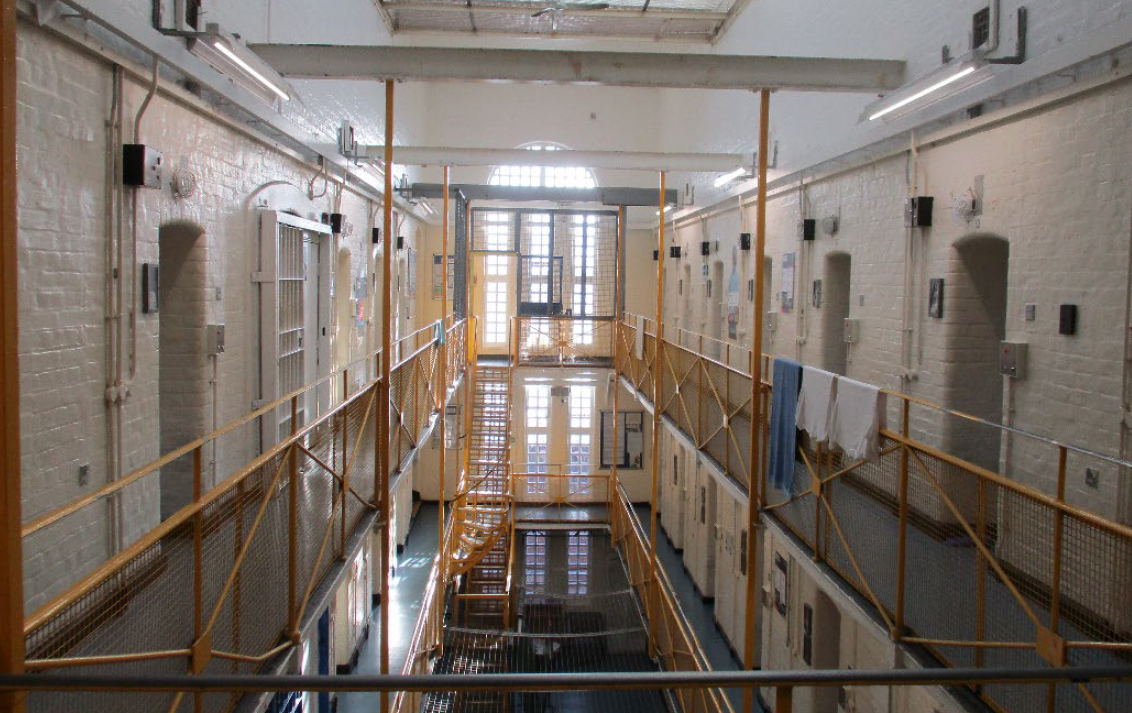Criminals to be released from prison up to 35 days early as emergency measure to tackle overcrowding expands
Government expands its scheme to release prisoners early as experts warn the criminal justice system could grind to a halt with jail overcrowding

More prisoners are set to be released early from jail after an emergency scheme to free up space was expanded, The Independent understands.
The last-ditch measures brought in by justice secretary Alex Chalk last autumn to free eligible prisoners 18 days early at prisons approaching capacity has been extended to inmates with up to 35 days left until their scheduled release date.
Governors at full-to-bursting prisons have already been told to release those who can safely be let out of jail early ahead of an expected announcement to parliament next week – as a union said the move should at least stop places running out until next month.
The situation will be a blow to Rishi Sunak, who will be reluctant to be viewed as soft on crime as his government languishes at a 45-year low in the polls ahead of a looming general election.
But Tory justice committee chair Sir Bob Neill told The Independent: “Prisons are at bursting point and if people have got to the stage in their sentence where it’s already been decided they can be safely released into the community, it makes perfectly good sense to bring that forward by a short period to remove the pressure.
“So it’s a perfectly sensible thing in itself – but it’s a symptom of the underlying malaise that we’re having to do those sort of emergency sticking plaster to cope with the massive capacity pressures in prisons.”
There are calculated to be close to 40,000 prisoners technically eligible for release under The End of Custody Supervised Licence scheme.
But it is understood that far fewer will actually be released, not least because those convicted of serious violence, sexual and terror offences are among those automatically excluded, as well as those whose release is a matter for the Parole Board.
“Ultimately if they had not extended that 18 days to 35 days, the criminal justice system may well have ground to a halt, in so much as they would have struggled to have routinely got people into custody,” Carl Davies, of the Prison Governors Association told The Independent.

“It does reduce the demands on physical places so we should not run out of places before April now. But it doesn’t remove the pressure it’s placing on other parts of the criminal justice system”, such as hard-pressed probation and accommodation services.
The Independent has previously been told that mistakes which led to dangerous criminals released from prison going on to kill were at risk of being repeated, as the emergency release plans threatened to heap further pressure on a probation service already in crisis.
HM chief inspector Charlie Taylor warned in December that overcrowding was a “ticking timebomb” and said it was “almost inevitable” that whoever wins the next general election will be forced to confront the question of what prisons should be for, warning that merely locking people up in “revolting” conditions for ever-longer periods risks creating more victims of crime, not fewer.
Sentence lengths have increased by a third in the space of a decade, in line with the “tough on crime” rhetoric espoused by successive governments, while court delays have caused the remand prison population to soar to a record high.
Mr Davies added: “We believe as an association that government will act responsibly and at all times the most serious offenders will always come into custody, but there’s a broader discussion to be had about how we routinely use prison custody.
“Are we sure that we can we afford the level of imprisonment that we’ve got?”
A Ministry of Justice spokesperson said: “This government is categorical that dangerous offenders should stay behind bars, which is why new laws will keep rapists locked up for every day of their prison sentence and ensure life means life for the most horrific murderers.
“While we are carrying out the biggest prison expansion programme since the Victoria era and ramping up removals of foreign national offenders, the prison estate remains under pressure following the impact of the pandemic and barristers’ industrial action.
“We will always ensure we have the prison places we need to keep criminals locked up and the public safe.”
Join our commenting forum
Join thought-provoking conversations, follow other Independent readers and see their replies
Comments
Bookmark popover
Removed from bookmarks